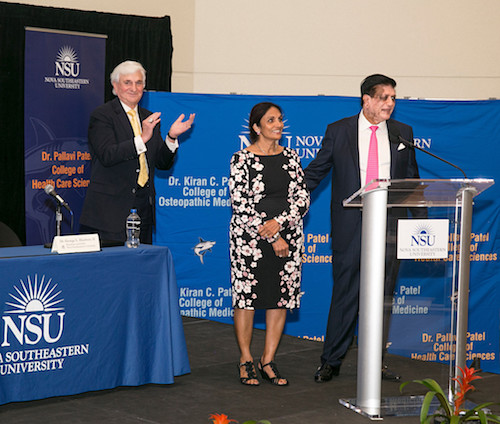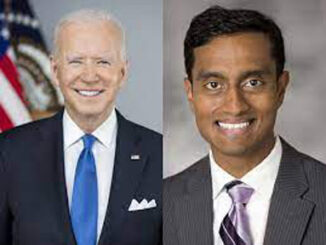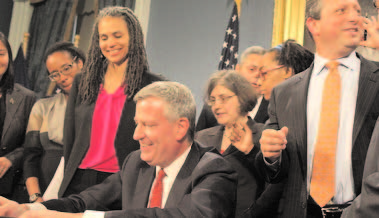
WASHINGTON, D.C. (TIP): The US has said the execution of its Indo-Pacific Strategy in 2022 amidst the strategic competition with China has made the country and the dynamic region more secure and more prosperous, and expanded the bilateral partnership with India in unprecedented ways.
Addressing the media on the second anniversary of the launch of the landmark foreign policy strategy of the Biden administration, Adrienne Watson, a spokesperson for the National Security Council of the White House, said “the United States has never been in a stronger position in the Indo-Pacific”.
“Over the past two years, we have made historic progress in advancing an Indo-Pacific that is free and open, connected, prosperous, secure, and resilient. Thanks to President Biden’s leadership, the United States has never been in a stronger position in the Indo-Pacific,” she said.
In the two years since the launch of the Indo-Pacific Strategy, the US has reinvested and revitalized its alliances and partnerships and taken them to new heights, Watson said.
“We have deepened and elevated alliances with Japan, the Republic of Korea (ROK), Australia, the Philippines, and Thailand. We upgraded our bilateral relationships with Vietnam and Indonesia, and our partnership with ASEAN.
“We have expanded our partnership with India in unprecedented ways. We have surged our efforts in the Pacific, including with two historic summits for Pacific Island leaders at the White House and the establishment of the Partners of the Blue Pacific,” she said.
The United States is an Indo-Pacific nation. As the most dynamic and fastest-growing region on earth, the Indo-Pacific is an essential driver of America’s future security and prosperity, the state department said in a fact sheet.
The region is home to more than half the world’s population, and it accounts for 60 per cent of global GDP as well as two-thirds of global economic growth. Trade between the United States and the Indo-Pacific region reached over USD 2 trillion in 2022, and the United States benefits from USD 956 billion in foreign direct investment from the Indo-Pacific, it said.
“But as our cooperation to advance our common values and interests has grown, so too have our challenges. We have seen the People’s Republic of China (PRC) become more repressive at home and more assertive abroad, undermining human rights and international law, and seeking to reshape the international order,” the fact sheet noted.
At the briefing, Watson said President Joe Biden hosted the historic US-Japan-South Korea trilateral summit at Camp David to open a new chapter in this important partnership, she said.
Under his leadership, the US has elevated the Quad with Australia, India, and Japan to a leader-level summit and has delivered concrete results for the Indo-Pacific region, from vaccines to maritime domain awareness to scholarships for students, she said.
“And three of the four Official State Visits President Biden has hosted were with leaders of Indo-Pacific countries: the Republic of Korea, India, and Australia. This year, the President will welcome Prime Minister Kishida Fumio of Japan. We have also undertaken historic cooperation between the United States, Japan, and the Philippines,” Watson said.
The US has also built closer ties between Europe and the Indo-Pacific, including through the launch of AUKUS, a historic partnership between Australia, the United Kingdom, and the United States, she said.
Today, there is a recognition both in Europe and the Indo-Pacific that the opportunities and challenges in one region directly affect the other, she said.
“We have seen that with historic support from some of our Indo-Pacific partners for Ukraine as it defends itself against Russia‘s brutal invasion. And we see that recognition from our European partners as we work to address the direct military support from the DPRK (North Korea) to Russia’s war in Ukraine,” she said.
After just two years, the execution of the Indo-Pacific Strategy has made “our country and the Indo-Pacific region more secure and more prosperous”. “All of this strengthens the United States’ position in the Indo-Pacific and advances our interests in and vision for the region amidst strategic competition with the People’s Republic of China. And even as we confront challenges elsewhere, the United States will proudly continue to prioritize our work in this critical region for our future,” Watson said.
(Source: PTI)





Be the first to comment